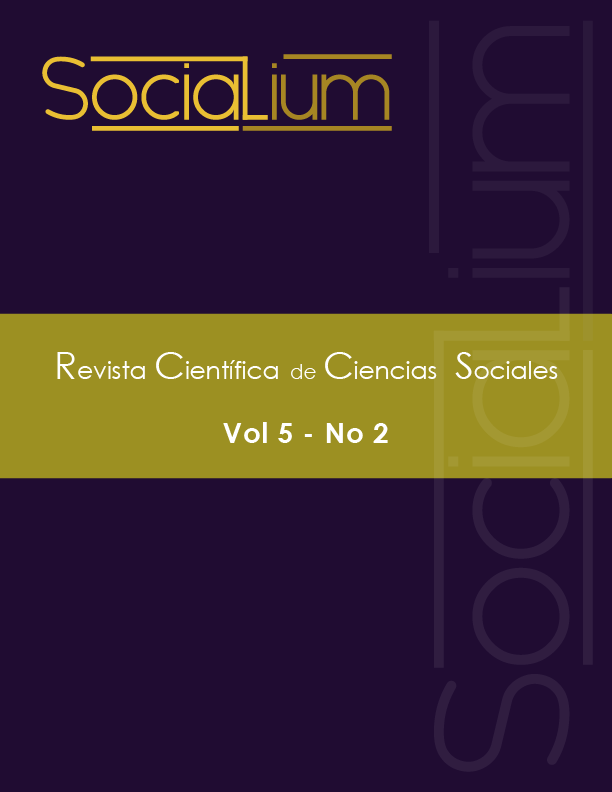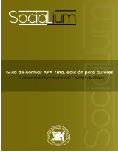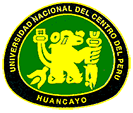On the need to unify initiatives for an ethical use of Artificial Intelligence
DOI:
https://doi.org/10.26490/uncp.sl.2021.5.2.880Keywords:
inteligencia artificial, aprendizaje automático, ética, ética de la ciencia, deontologíaAbstract
The objective of the work is to review, expose and understand the need to unify initiatives for an ethical use of Artificial Intelligence (AI). It exposes the relationship between science, ethics, society and the behavior of the science professional. Starting from the basic approaches of this technology, areas of proven benefits are described. In the methodology, consulting the databases Dialnet and Scielo, a systematic review was made of books, scientific articles, reports and declarations of parliaments, government agencies and international forums, as well as articles by specialists on the subject. The abstracts and full articles, in Spanish and English, were reviewed, considering those that dealt with the viable unification of all initiatives aimed at the ethical use of AI. The results show the risks of its uncritical and unethical implementation, the implications of the development of applications that incorporate Artificial Intelligence, for society and people in their private lives. There is talk of awareness by governments and citizens of the risks of this technology, and the urgency of unifying in a single model, its ethical, safe and transparent use. The conclusions show that a consensus prevails in the consulted literature on the need to unify the initiatives for their ethical and verifiable use, which shows an awareness of the potential risks of their development without a consensual control. But enthusiasm for the benefits of this technology prevails, which is an obstacle to achieving it.
References
Bostrom, N. (2016). Why I Want to be a Posthuman When I Grow Up. En Gordijn, B. y
Chadwick, B. (Eds.). Medical Enhancement and Posthumanity (pp. 107-137). Springer.
Bunge, M. (2002). Crisis y reconstrucción de la filosofía. Gedisa.
Comité Selecto de Inteligencia Artificial. (2019). Plan estratégico nacional de investigación y desarrollo de la inteligencia artificial: actualización 2019. Consejo Nacional de Ciencia y Tecnología.
Cubadebate. (2020, 12 de junio). Irán confirma uso de inteligencia artificial para asesinar a científico nuclear. Cubadebate. http://www.cubadebate.cu/noticias/2020/12/06/iran-confirma-uso-de-inteligencia-artificial-para-asesinar-a-cientifico-nuclear/
Forbus, K. D. (2012). How minds will be built. Advances in Cognitive Systems, 1(3), pp. 47-58.
Herranz, A. (2021, 2 de febrero). El Foro Económico Mundial quiere unificar todas las iniciativas éticas de la Inteligencia Artificial en Global AI Action Alliance (GAIA). Xataca. https://www.xataca.com/temas/pro/digitalizacion/el-foro-económico-mundial-quiere-unificar-todas-las-iniciativas-éticas-de-la-inteligencia-artificial-en-global-ai-action-alliance-(gaia)/
Jaimovich, D. (2020, junio 1). El uso de robots y otras formas de inteligencia artificial en tiempos de coronavirus. Infobae. https://www.infobae.com/america/tecno/2020/06/01/el-uso-de-robots-y-otras-formas-de-inteligencia-artificial-en-tiempos-de-coronavirus/
Kurzweil, R. (2017). The Singularity is near. Penguin Group.
Parlamento Europeo. (2020). A comprehensive European industrial policy on Artificial Intelligence and robotics [Archivo PDF]. Document A8-0019/2019. https://www.europarl.europa.eu/doceo/document/TA-8-2019-0081_EN.html
Pastorino, C. y Giusto, D. (2021, febrero 18). Teledildonics. Boom de los juguetes sexuales inteligentes: advierten por el riesgo de ciberataques. Clarín. https://www.clarin.com/tecnologia/boom-juguetes-sexuales-inteligentes-advierten-riesgo-ciberataques_0_gy3MxGXTJ.html
Ponce, J.C., Torres, A., Quezada, F.S., Silva, A., Martínez, E.U., Casali, A., Scheihing, E., Túpac, Y.J., Torres, M.D., Ornelas, F.J., Hernández, J.A., Zavala, C., Vakhnia, N. y Pedreño, O. (2014). Inteligencia Artificial. Latin.
Prang, A., Tweh, B. (2019, agosto 30). CEO Jack Dorsey´s Twitter account was hacked, Company says. Wall Street Journal. https://www.wsj.com/articles/twitter-says-ceo-jack-dorseys-twitter-account-was-compromised-11567197298
Rosa, A. (2019, 4 de julio). What is DL? A Look at Its Definition, Benefits, and Challenges. UpWork. https://www.upwork.com/hiring/for-clients/deep-learning-definition-benefits-challenges/
Russell, S.J. y Norvig, P. (2009). Artificial Intelligence. A modern approach. Prentice hall.
Samsung. (2021, 12 de enero). Samsung presenta sus innovaciones en el CES 2021 para una mejor normalidad. News Samsung. https://news,samsung.com/latin/ces2021/samsung-presenta-sus-innovaciones-en-el-CES-2021-para-una-mejor-normalidad
Whittle, J. (2021, febrero 10). AI can now learn to manipulate human behaviour. The Conversation. https://theconversation.com/ai-can-now-learn-to-manipulate-human-behaviour-155031
World Commission on the Ethics of Scientific Knowledge and Technology. (2017). Report of COMEST on robotics ethics. Organización de las Naciones Unidas para la Educación, la Ciencia y la Cultura.
Downloads
Published
Issue
Section
License
Copyright (c) 2021 Carlos Lázaro Nodals García

This work is licensed under a Creative Commons Attribution 4.0 International License.








.jpg)















